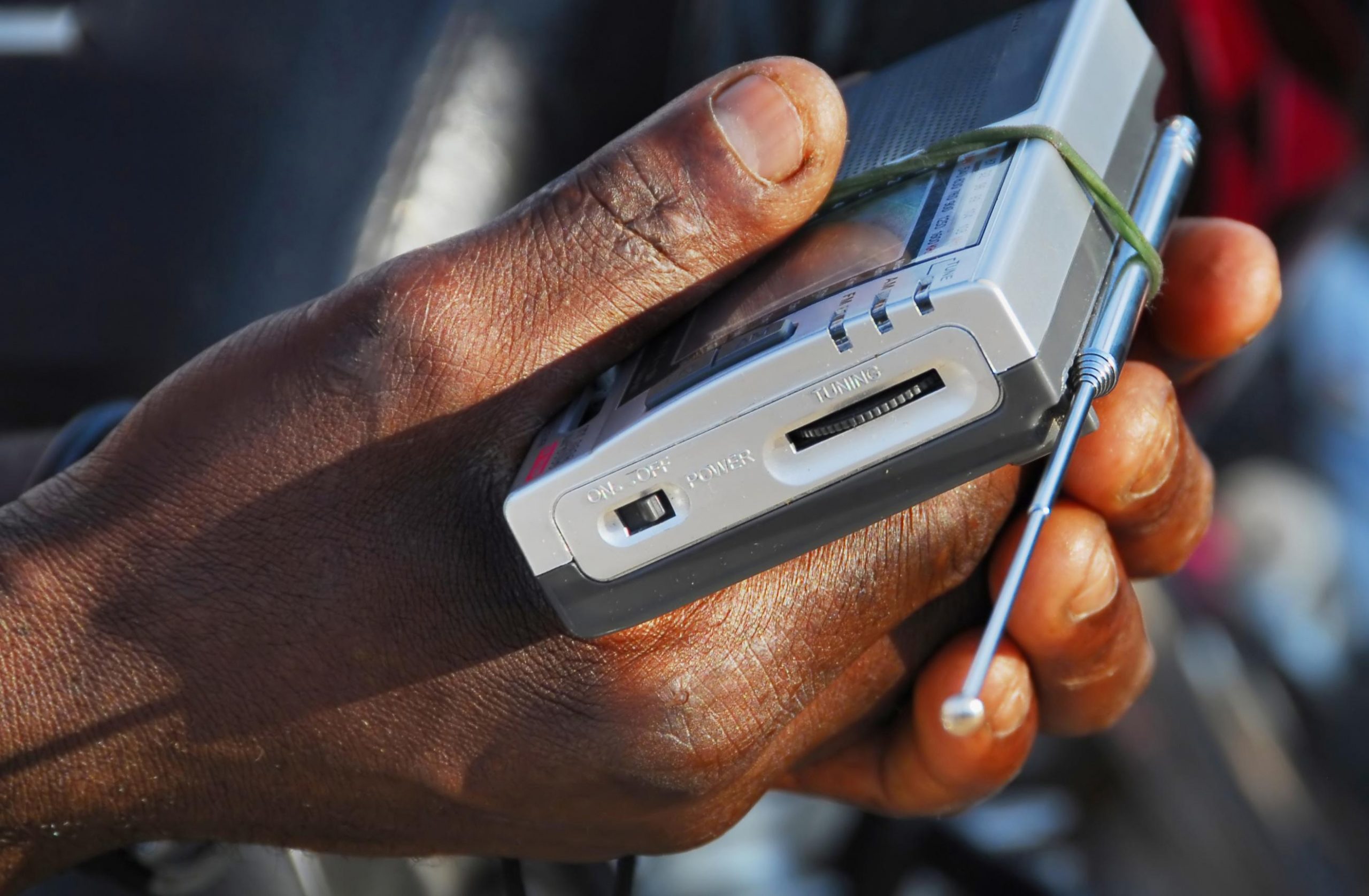Development NGOs are creating innovative solutions via Fingo Powerbank this and the next year. The experiments focus on East Africa. The goal is to build a more sustainable future – while responding to COVID-19.
This year, seven innovative experiments are going to be conducted.
“We have a range of highly interesting experiments coming up – from remote education in refugee camps to building digital skills of teachers. There is a lot in store to learn”, says Fingo Powerbank’s ICT4D Expert Peter Njuguna.
Many of the experiments are based on concepts the implementing NGOs produced last autumn with the United Nations Technology and Innovation Labs (UNTIL). The results will be shared in a way that benefits all development NGOs. For instance, they will be presented in an event before the end of the year.
In total, 50 000 euros are used to purchase the seven cases from NGOs in 2020. By the end of this year, Fingo Powerbank is going to open a call for all interested NGOs to submit new experimentation proposals to be implemented in 2021.
Instead of funding the pilots, Fingo Powerbank has decided to outsource the experiments: the development NGOs are paid for implementing the concepts.
“This is an innovative approach itself. It should help NGOs to focus on the experimentation and use less time on administrative procedures. Furthermore, we want to learn by doing – this means that we will improve and modify the ongoing experiments if needed”, Njuguna says.
Here are short intros to the 7 experiments:
College students share information in rural areas
How to share health-related information about COVID-19 in rural communities? Felm gives mobile devices and organizes trainings to college-going youth who are from the rural Tanzania. The youth will visit their own communities with the devices – potentially tablets – and share information and guidelines about COVID-19. Simultaneously, they will also share information about online education content for the local schools and children.
ICT capacity building for teachers
Fida International organizes trainings for 12 teachers from separate schools – with the aim of developing their digital skills. After the month-long training, the teachers will use these skills as tutors in their schools and share the learnings with colleagues reaching 150 other teachers. Lack of teachers’ digital skills is an identified challenge in the delivery of the digital curriculum. ICT skills also help to access reliable information about COVID-19.
Digital data gathering in schools
LiiKe – Sports & Development uses Ombea-group response clickers to gather information on various educational parameters: the situation of girls’ school attendance and life skills, early pregnancies, physical education, sports and many other things. The ultimate objective is to use the data to improve children’s academic performance in nine secondary schools in Tanzania. The experimentation will act as a case study for other NGOs who are interested in digital gathering tools.
Community radios for education
Vikes works with community radio professionals in Tanzania. The aim is to benchmark and deploy best practices on remote learning and mainstream the use of community radios for educational purposes. The experimentation includes broadcasting learning programmes through community radio stations and sharing materials and knowledge between community radios from various regions. The experiment creates educational content through community radio stations with education professionals and builds the capacity and collaboration of community radios’ staff.
Digitization of information and SMS platform
African Care digitizes its health clinic’s records and builds an SMS notification system for clinic consultation and treatment dates for patients. With patient’s records captured digitally, it is easier and quicker to generate statistical data for the clinic’s internal use as well as for sharing with respective government departments. SMS notifications help to reduce the absenteeism of patients since they will have automated reminders.
Intervening FGM through technology
International Solidarity Foundation (ISF) intervenes female genital mutilation (FGM) and provides information about COVID-19 in Western Kenya. The experimentation utilizes social media videos and illustrations as well as bulk SMS to reach people. With the use of technology, the project aims to ensure that the results achieved via community initiatives prior to the pandemic are not lost due to restrictions on social gatherings. FGM and other sexual and gender-based violence have been on the rise due to COVID-19.
Education to refugee areas
Finn Church Aid brings education to Kakuma and Kalobeyei refugee areas with radio lessons from the Kenya Institute of Curriculum Development. The students have already been able to listen to the lessons – with the 500 solar radios that have been distributed previously – via a local FM station. However, they have faced difficulties following the fast-recorded broadcasts because of language barriers.
FCA and its partners tackle the issue by giving out flash drives (memory cards) – compatible with the solar radios – enabling the students to record the lessons. Thus, they can replay and pause the lessons making them easier to follow. They also aim to test interactive guidance between teachers and learners with additional tasks via flash drives. Moreover, the students and local teachers can discuss the lessons in small groups while keeping safe distances.
